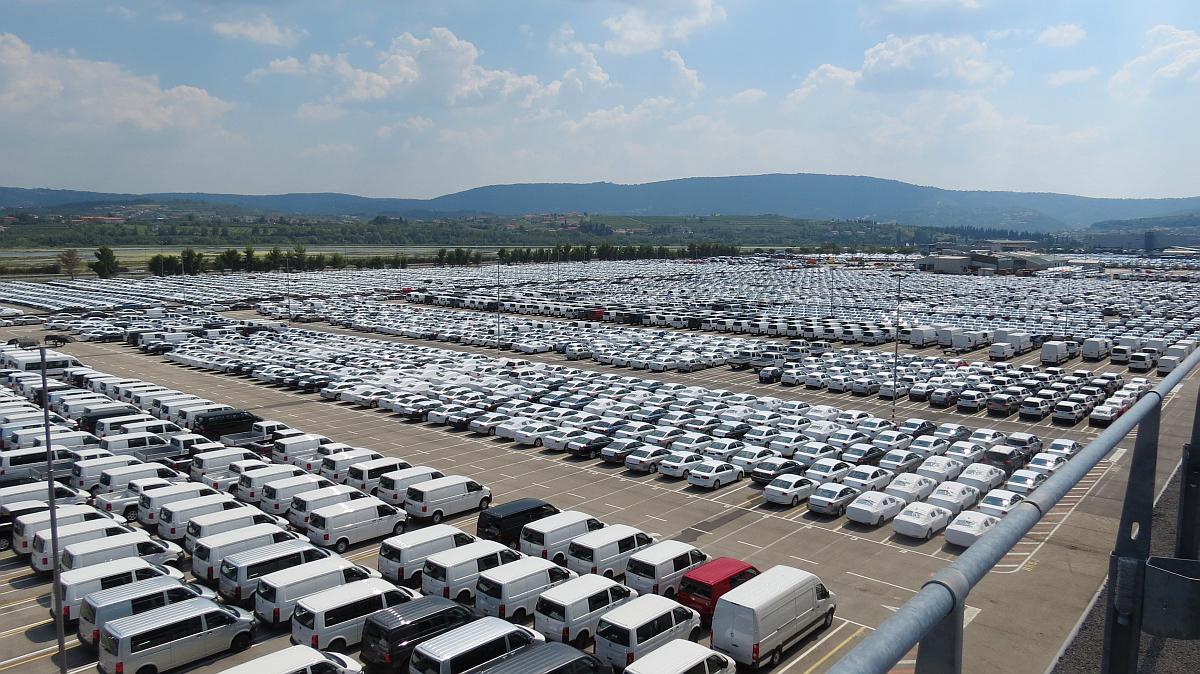
Train delays were the reason why Daimler shipped 738 cars through Bremen rather than through Koper. The vehicles, which were manufactured at a plant in Hungary, were bound for the Far East.
Originally, Daimler planned to ship 120.000 cars per year from the Port of Koper.
Luka Koper CEO Drago Matić said that his company had to put a lot of effort into closing the deal in the first place: "The deal with Daimler-Mercedes was a strategic one because it’s not just a deal with Daimler. It opens up a plethora of opportunities for us, and we’re also negotiating with other exporters. We know that this deal has major strategic importance for both the Port of Koper and the whole country."
Such deals are not easy to come by. The Germans have taken a close look at the way the Port of Koper is organized. They sought assurances from the Port of Koper and the state-owned rail company Slovenske železnice that their capacities are adequate. After they got their assurances, they chose Intereuropa as their logistics partner.
Intereuropa CEO Ernest Gortan did not wish to comment on the issue, saying only: “Lately, our company has noticed an increase in train delays. Naturally, we try to minimize any disruption to our clients.”
“We are looking to strike further deals with other exporters who want to ship their goods to the Far East. If the car transhipment deal falls through, all our potential business opportunities will fall through,” said Matić.
Luka Koper sent a protest note to Slovenske železnice. The company also notified the government, the Slovenian Sovereign Holding and other relevant authorities.
It has once again become painfully obvious that Slovenia needs a second railway track between Divača and the Port of Koper.

































































